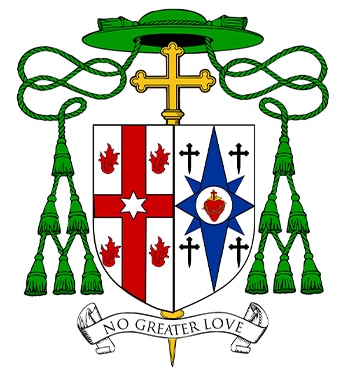This Day in History: The WWII Bombing of Hiroshima

On this day in 1945, Americans drop an atomic bomb on the Japanese city of Hiroshima. The bombing came not too long after Japan had rejected a final opportunity to surrender.
The so-called Potsdam Declaration was issued through a combined statement of the United States, Great Britain, and China.
“The time has come,” these Allies declared, “for Japan to decide whether she will continue to be controlled by those self-willed militaristic advisers whose unintelligent calculations have brought the Empire of Japan to the threshold of annihilation, or whether she will follow the path of reason.”
Unconditional surrender was necessary. The alternative was “prompt and utter destruction.”
Japan rejected the ultimatum. Presumably, no one in Japan really knew what was coming. But you have to wonder whether anyone in America truly understood what was coming, either?
Captain William Parsons of the Manhattan Project briefed the crew of the Enola Gay (and others) before they departed on their historic mission: “The bomb you are going to drop,” he told them, “is something new in the history of warfare. It is the most destructive weapon ever produced. We think it will knock out everything within a three mile area.”
Well, yes, it did. But it also shattered glass in suburbs that were twelve miles away from the detonation site.
Later that day, President Harry S. Truman made a statement:








